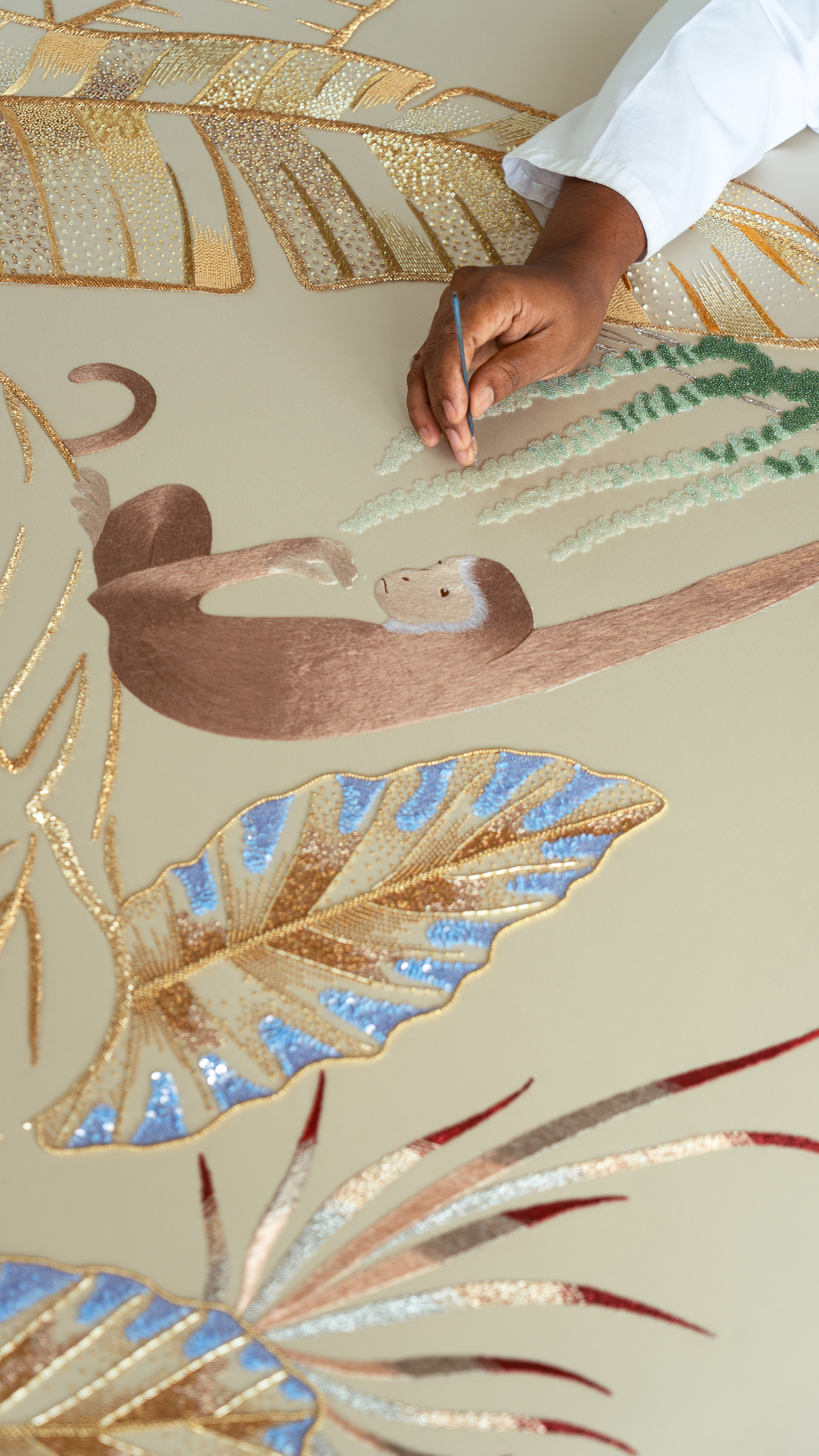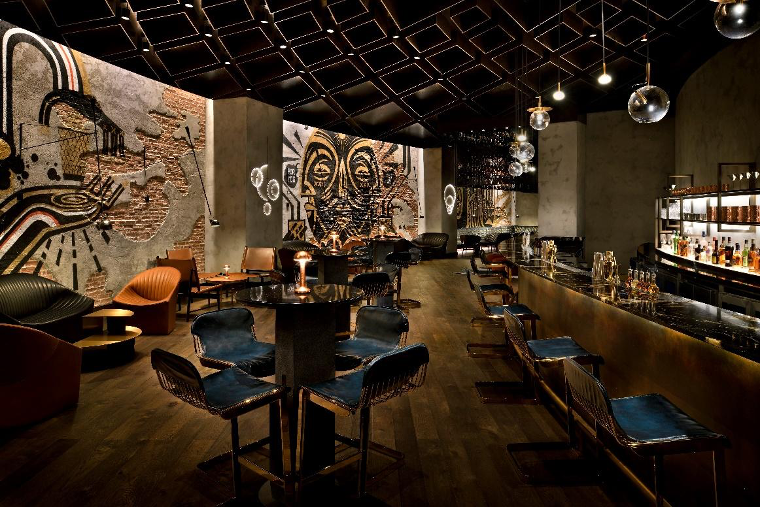Freedom From Diabetes
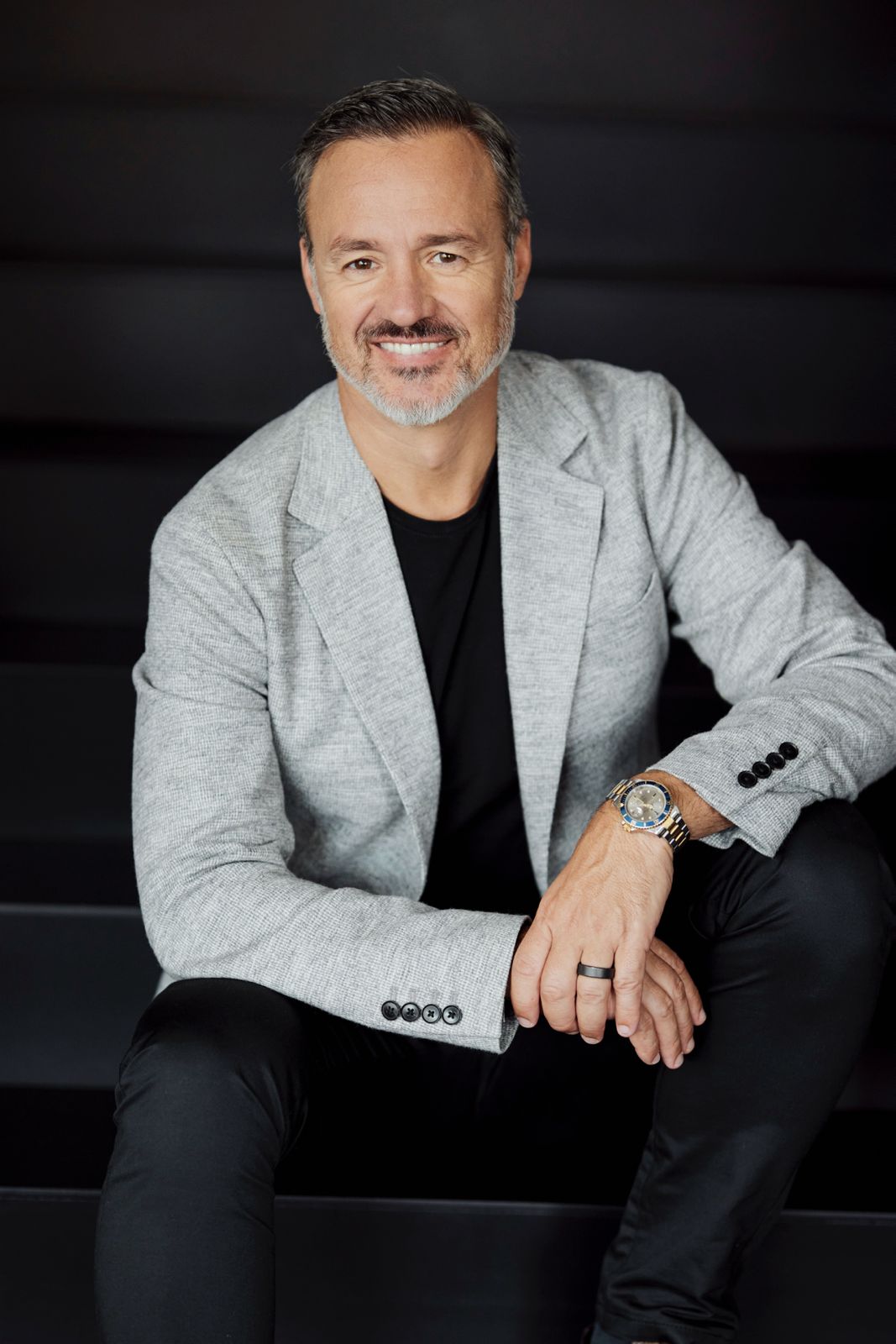
Can Type 2 diabetes be reversed through food and lifestyle alone? Eric Edmeades, founder of the global health movement WildFit and co-author of the book Post-Diabetic, believes the answer lies in changing how we think about illness and healing. In this exclusive interview, Eric shares the science-backed method that has helped thousands, including medical professionals, to reduce medications, reset metabolic health and move from “diabetic” to “post-diabetic.” He shares why traditional treatments fall short and what it would really take to restore long-term health.
Delna Mistry Anand: Your new book is called Post-Diabetic, a term seldom used in medicine. What does it actually mean, and what inspired you to coin this term
Eric Edmeades: This is a question I wait to get asked. Post-diabetic isn’t just a branding decision, or a synonym for “reversed diabetes.” It’s a clinically important distinction. When someone begins to heal from Type 2 diabetes through food, exercise and lifestyle, their A1C and blood sugar levels often fall into what’s considered the “pre-diabetic” range. But that term pre-diabetic implies they’re heading toward diabetes, when in fact they’re moving away from it. So, we coined “post-diabetic” to reflect the direction of healing, not decline. So, it’s not just semantics, it’s medically significant language that helps doctors and patients make better choices. Because if a person is improving through natural means, nutrition, rest, stress management, pharmaceutical intervention might not only be unnecessary, it might set them back. And even when someone’s markers normalize, we still don’t call them “non-diabetic.” They’ve shown a biological tendency toward the disease and should remain vigilant. “Post-diabetic” honours that accomplishment while acknowledging the need for awareness and care.
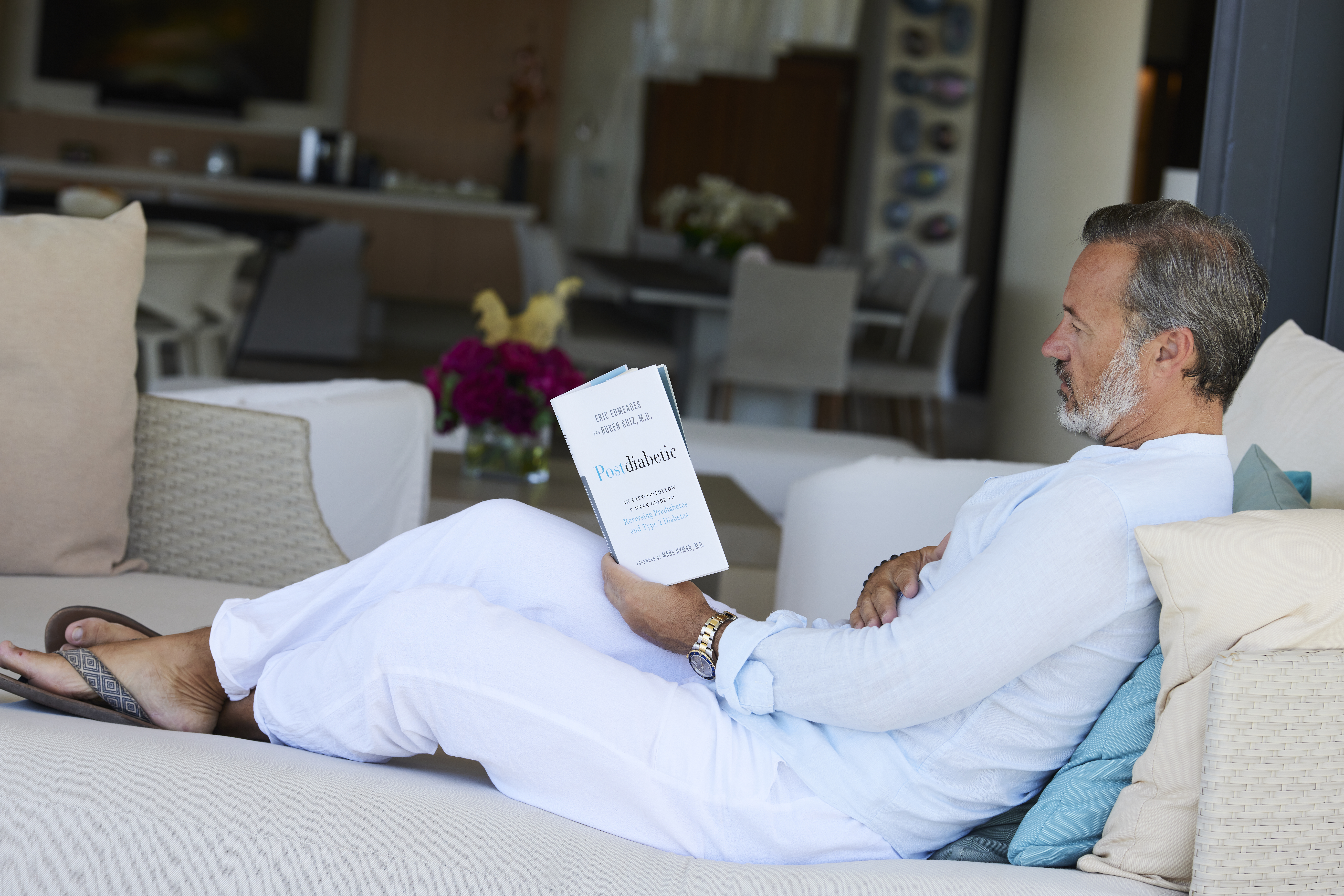
What has been your inspiration to write a book that challenges medical convention?
That’s something I’ve asked myself too. The answer comes down to two things: results and frustration. Through WildFit, we’ve helped tens of thousands of people around the world reclaim their health. One of them was Dr. Ruben Ruiz, a respected internist and professor at UCLA. He joined our program as a patient, overweight, diabetic, hypertensive, and on ten medications. He’d lived with the condition for a decade and had been told it was irreversible.
When Ruben reversed both his diabetes and hypertension, got off nine of his ten medications, and started feeling alive again, he was shocked. And then he was angry…, angry that he had never been told this was possible, and that his medical training had excluded nutrition altogether.
In the U.S., doctors can graduate after six or even ten years of study without a single course on nutrition. That’s a systemic failure, and Ruben’s story exposes it powerfully.
In your experience, why aren’t people able to sustain a healthy diet in the long term, and how does your program address that?
Most diets rely on restriction and willpower, which leads to eventual rebellion. Counting calories, eating in deficit and giving up favourites set people up for psychological and biological failure. You see, food is deeply personal and emotional, often tied to our earliest memories and social experiences. Willpower can’t compete with years of psychological conditioning or the constant pressures of today’s food environment. The core our program is not restriction, but awareness. We must use consciousness. It's about understanding why you eat, not just what you eat. And here, our program goes much deeper, helping people understand why they crave certain foods and how to break those patterns at the root. We help reprogram not just eating habits but the way people think and feel about food, so success becomes sustainable.
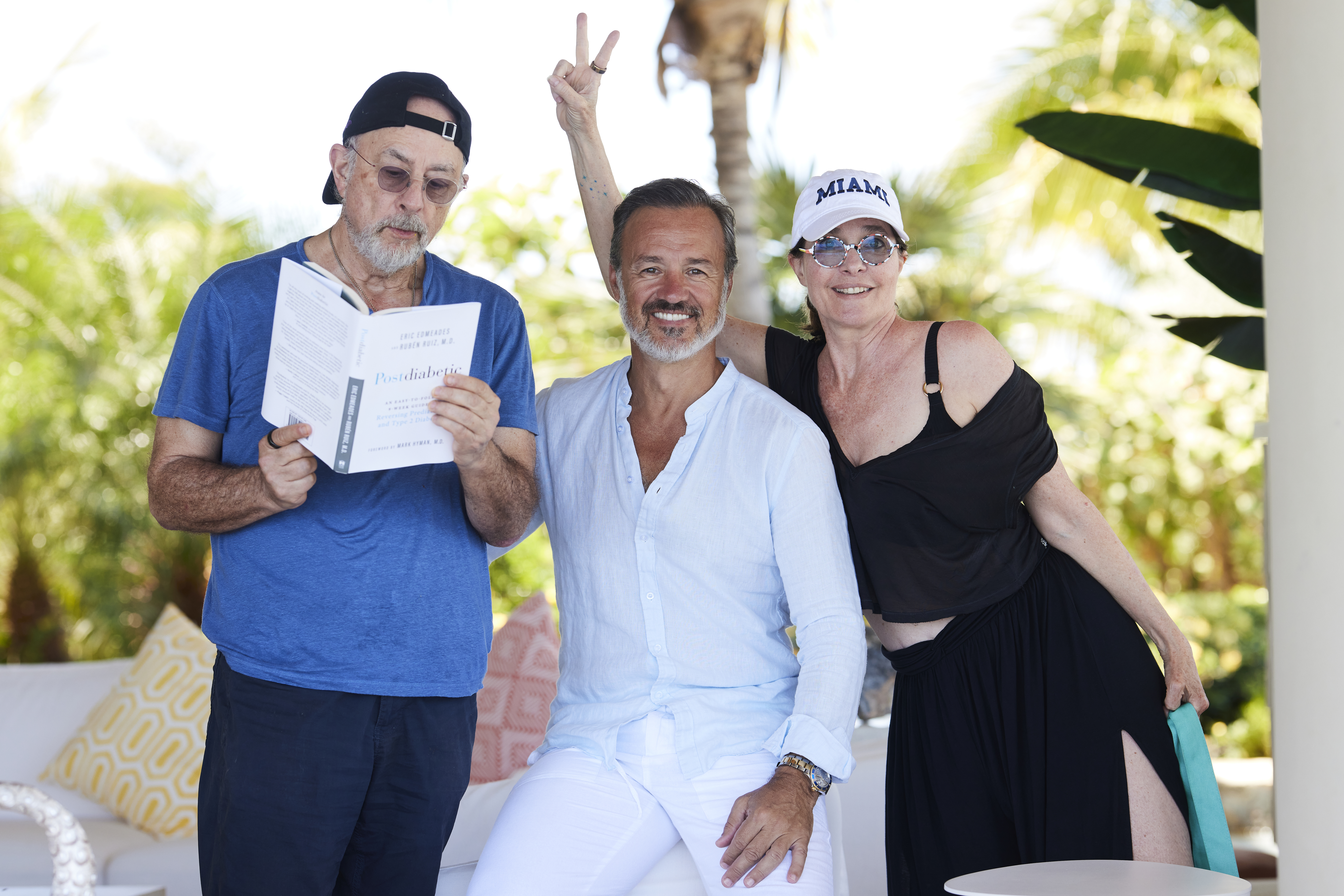
You’re taking on a massive industry, from pharmaceuticals to packaged diets, that thrives on chronic illness. How do you respond to those who dismiss your work as “too idealistic”?
Well, I see it as economics. There’s simply more profit in managing diabetes than curing it. A patient with Type 2 diabetes can represent tens of thousands of dollars in annual care and medication, for life.
That doesn’t mean the system is malicious. It just means it’s not designed to make people well. Post-Diabetic isn’t anti-doctor. It’s anti-ignorance and anti-hopelessness. When a physician like Dr. Ruiz, who once believed reversal was impossible, becomes living proof; it changes everything.
How does the Post-Diabetic method work in practice, and what can one expect to do in the program?
The book lays out a nine-week framework centred on three pillars: metabolic flexibility, behavioural transformation and evolutionary nutrition.
We use a seasonal rhythm inspired by our ancestors, alternating between periods of abundance and scarcity, between carbs and fats, to train the body to adapt. This approach resets metabolism naturally.
The second part is psychology. We help people understand why they crave certain foods, how emotional triggers work, and how the modern food industry manipulates those instincts. We don’t ask people to count calories or measure portions. We help them take back biological control.
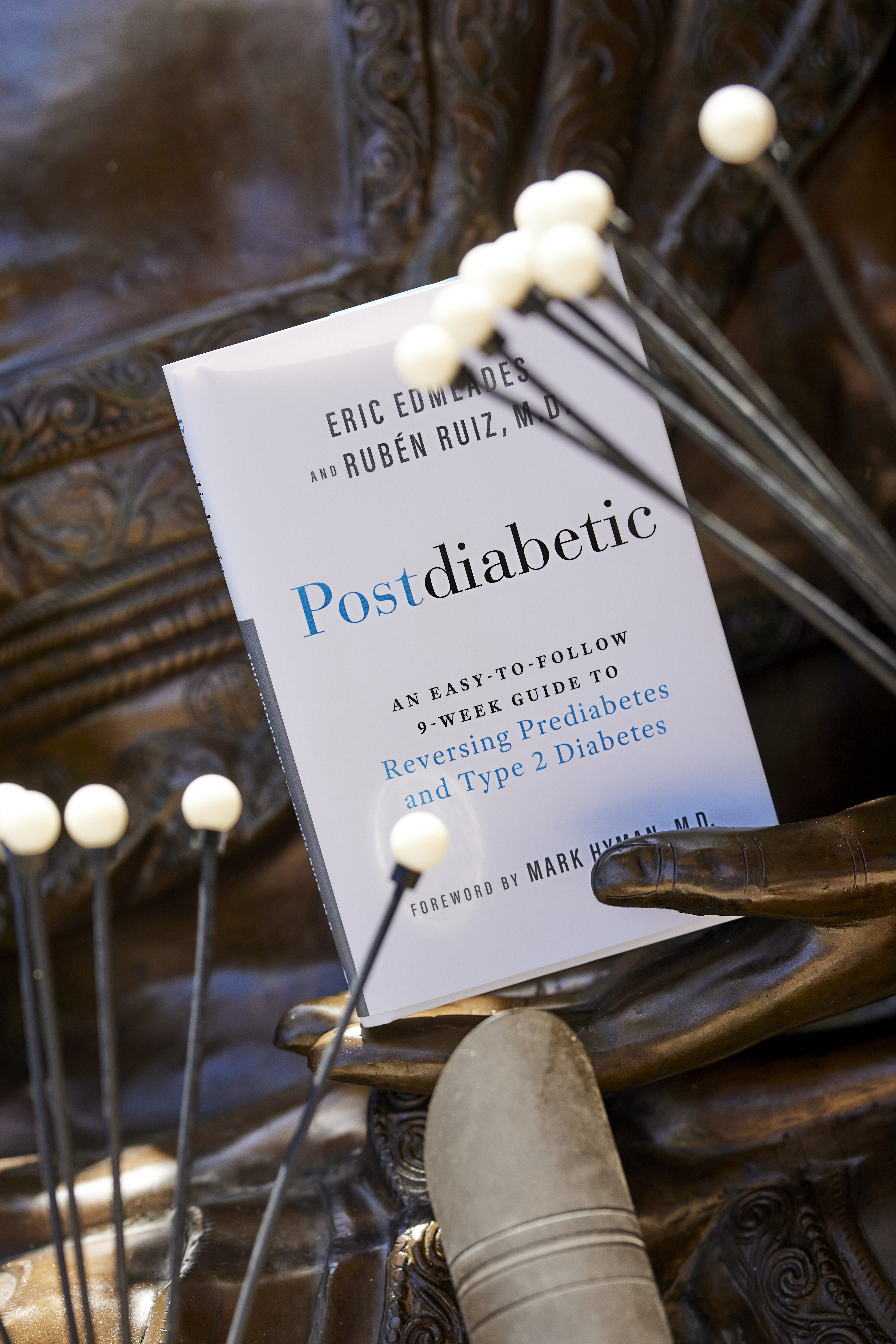
Is reversing diabetes truly possible through lifestyle change?
We’re not promising miracles. We’re offering biology. When you align your habits with how the human body was designed to function: balanced meals, movement, light and rest, your system responds. For some, that means full reversal. For others, it’s medication reduction, weight loss, or simply more energy and focus.
Either way, the principle holds: your body isn’t broken. It’s responding to its environment. Change the inputs, and you change the outcome.
And what would be your final word to readers who may be standing at the edge of their own healing journey?
Don’t settle for managing illness; create health. We have an opportunity right now to take the very best of our ancestral knowledge and combine it with the very best of modern technology, and we can create the best lives that have ever existed on this planet.
www.ericedmeades.com | @ericedmeades
related posts

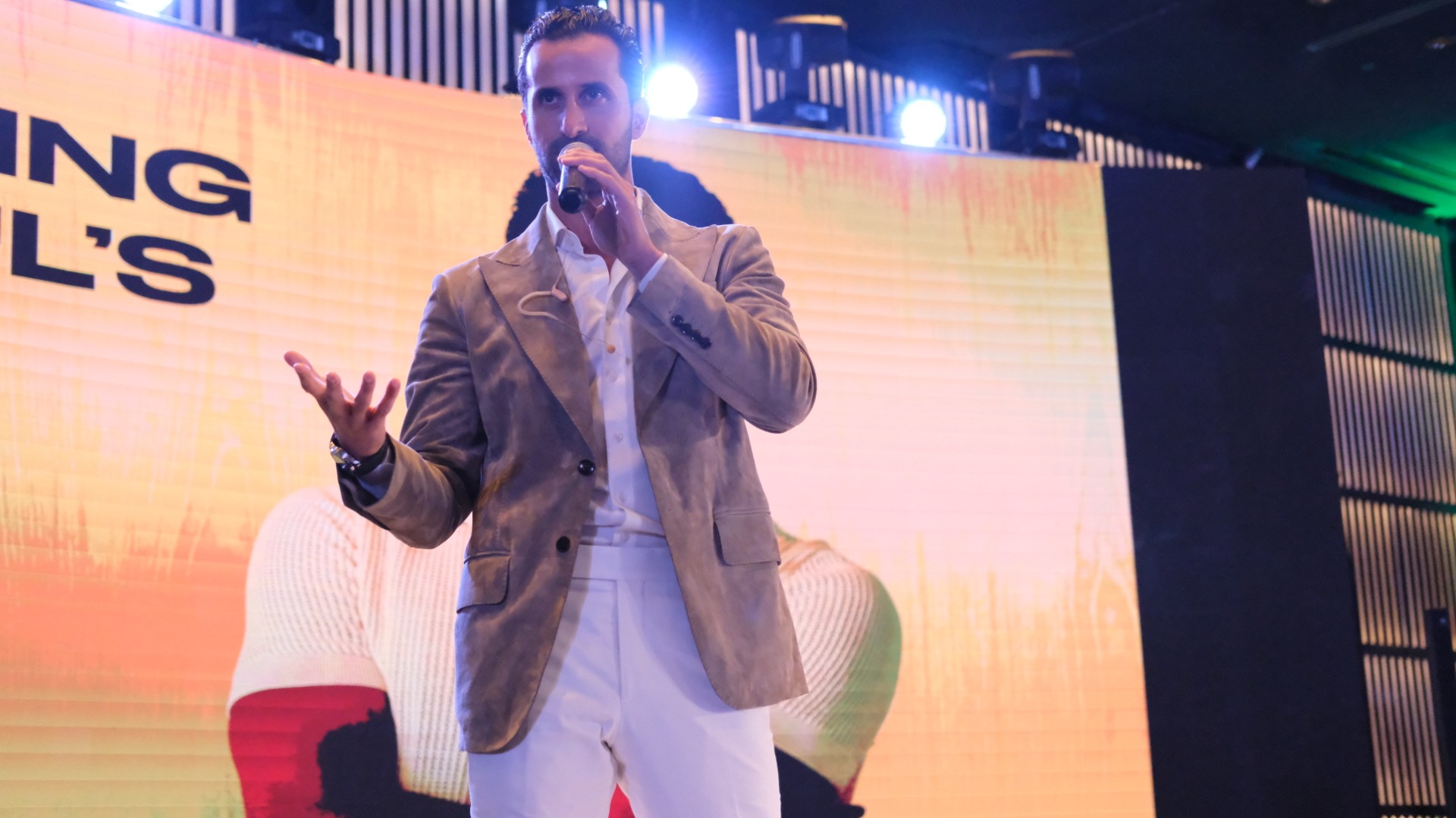



.jpg)


